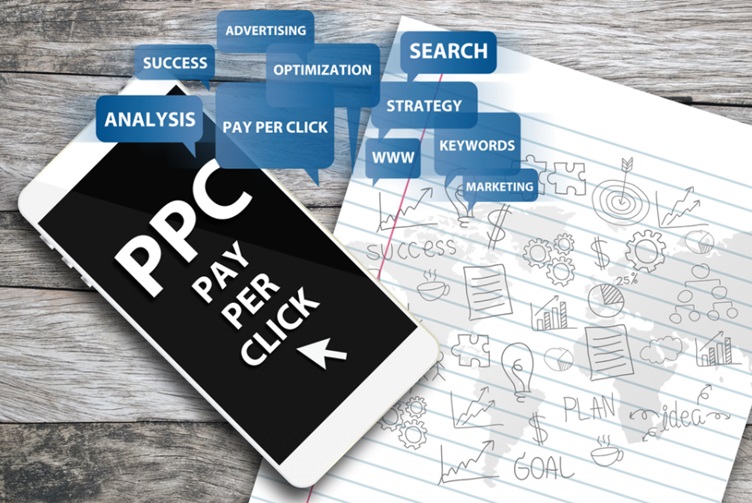5 Ways Hospitals Will Use Technology In 2020 & Beyond!

There is no doubt that the healthcare industry is growing at a scorching pace. It is happening not only in our country but across the world. There are many reasons for this.
The demography of people is changing, and our country is becoming more aged. Hence, there is a need for increased medical care, and hospitalizations would become regular and will happen every now and then.
As the number of patients increases in hospitals, there is a need to look into the use of modern technologies. This will lead to more efficient services, and it may also lead to cost-cutting and bring down the expenses of the patients. It is, therefore not very surprising that the use of technology in the healthcare industry is no longer a choice but is becoming a necessity.
The pace is not as fast as we may like it. But therefore is no doubt that there are many organizations like ServiceNow Implementation who are taking the first big steps in bringing in technology to the healthcare industry.
We are sharing five ways and means by which hospitals will start using technology in 2020 and beyond.
- Better Use of AI & Machine Learning
The world population continues to grow at a brisk pace. A large portion of the population is also aging, and therefore, they need better access to healthcare, hospital facilities, and other such infrastructure.
It is possible to offer them better treatment with the use of machine learning and artificial intelligence.
These technologies are being used for better diagnosis of diseases, and also come out with the right treatment plans. Operations will also become efficient, and the success rates will also improve because the surgeries will be done based on accurate data that is available online to all the stakeholders.
- Robotics
Many may find it quite strange and even unbelievable. However, it is now becoming quite clear that robotics and the healthcare industry have quite a few things to offer for one another. There are many articles and real-life events where doctors are performing surgeries with the help of robots.
While robotics and surgery may become integral over the next few years, there are other avenues where also there is a growing demand for robotics.
Robotics could come in very handy for treating patients in the rural industry using the internet of things and other such technologies. It will certainly help in treating critical illnesses and make the difference between life and death to many.
- Machine Vision & Computer
The world of machine vision may have looked unreal even a few years ago, but things are moving in the right direction now. Doctors have started using machine vision to learn about some vital things that could impact the health of patients.
It could be helpful in also in detecting and diagnosing certain neurological diseases and heart-related ailments.
- Wearable Tech
Wearable technology is being used now in the health and fitness industry by athletes and even by people who are keen to have the right body weight. The smart watches that are being used to measure a number of calories burned can also be used for measuring heart rate.
It can help detect irregular heartbeats and other such problems quite efficiently. This will make treatment more predictable, efficient, and speedy.
- Genomics
Genomic medicine is a combination of artificial intelligence and machine learning. This could be a big breakthrough in treating various chronic and complicated diseases.
The genomic information of the person is used to treat different types of cancers, infectious and other such hard to treat medical and physical conditions. It is safe because it takes into account the personal health condition of the patients and other such things before deciding on the dosage.
However, it is still in its nascent stage, and some more research is needed before it becomes acceptable more widely.
The Final Word
We are sure our readers would have got a reasonably good idea about the positive impact that technology could make to people who are suffering from chronic and even life-threatening diseases and medical conditions.










